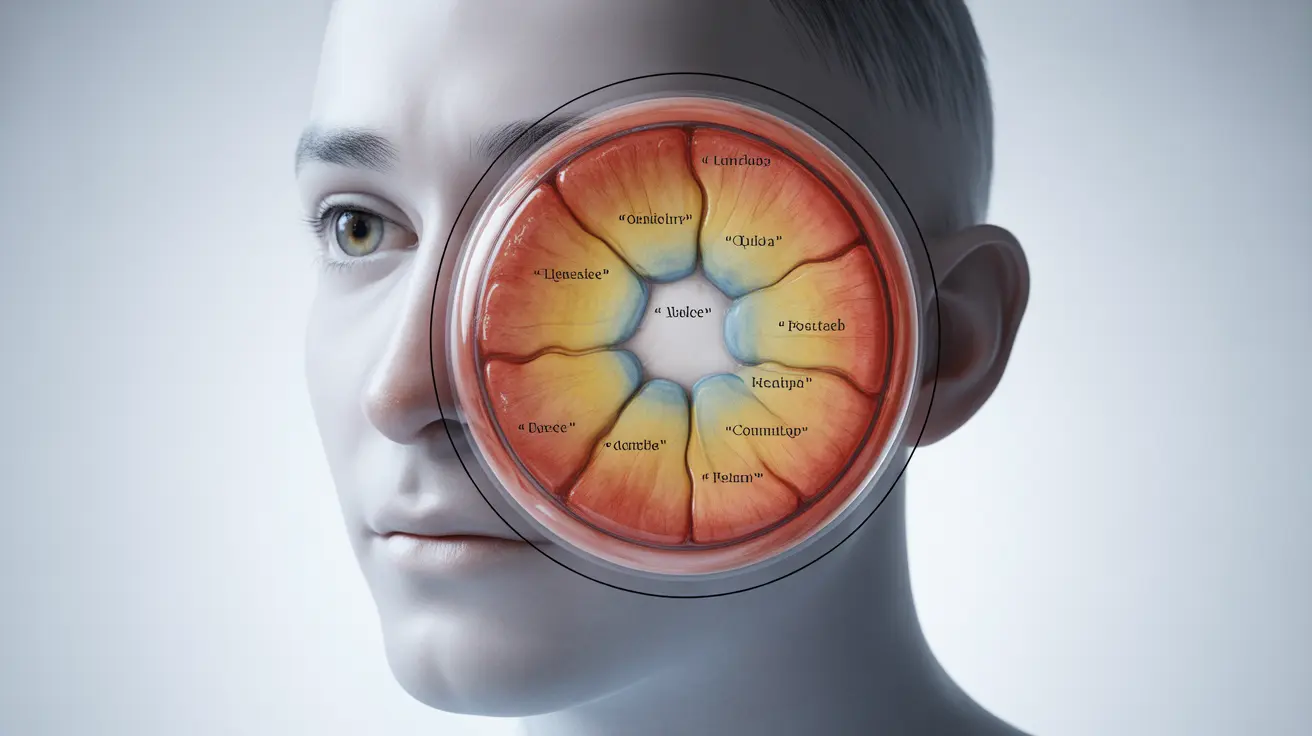Macular edema is a serious eye condition that occurs when fluid builds up in the macula, the central part of the retina responsible for sharp, detailed vision. This accumulation of fluid can lead to vision problems and, if left untreated, may cause permanent vision loss. Understanding the symptoms, causes, and treatment options is crucial for maintaining eye health and preventing complications.
This comprehensive guide will explore everything you need to know about macular edema, from early warning signs to the latest treatment approaches and preventive measures.
What is Macular Edema?
Macular edema develops when the blood vessels in the retina become damaged or compromised, leading to fluid leakage into the macula. This swelling disrupts the normal function of the macula, which is essential for activities like reading, driving, and recognizing faces. The condition can affect one or both eyes and may develop gradually or suddenly, depending on the underlying cause.
Recognizing the Signs and Symptoms
Early detection of macular edema is crucial for successful treatment. Common symptoms include:
- Blurred or wavy central vision
- Colors appearing washed out or faded
- Difficulty reading or seeing fine details
- A dark or empty spot in the center of vision
- Objects appearing larger or smaller than they actually are
These symptoms may develop gradually and can vary in severity. Any changes in vision should prompt immediate consultation with an eye care professional.
Understanding the Causes and Risk Factors
Several conditions and factors can contribute to the development of macular edema:
Medical Conditions
- Diabetic retinopathy
- Age-related macular degeneration
- Retinal vein occlusion
- Uveitis (eye inflammation)
Other Risk Factors
- Recent eye surgery
- Certain medications
- High blood pressure
- Age (more common in older adults)
Diagnosis and Assessment
Eye care professionals use various diagnostic tools and techniques to identify and evaluate macular edema:
- Optical Coherence Tomography (OCT)
- Fluorescein angiography
- Dilated eye examination
- Visual acuity tests
Treatment Approaches
Treatment options for macular edema vary depending on the underlying cause and severity of the condition. Common approaches include:
Medical Interventions
- Anti-VEGF injections
- Corticosteroid medications
- Laser therapy
- Vitrectomy surgery in severe cases
Management of Underlying Conditions
Controlling conditions like diabetes and high blood pressure is essential for successful treatment and prevention of recurrence.
Prevention and Risk Reduction
While not all cases of macular edema can be prevented, certain measures can help reduce risk:
- Regular eye examinations
- Maintaining healthy blood sugar levels
- Managing blood pressure
- Following a healthy lifestyle
- Taking prescribed medications as directed
Frequently Asked Questions
What are the common symptoms to look out for in macular edema?
The most common symptoms include blurred or distorted central vision, difficulty reading, colors appearing faded, and a dark or empty spot in the center of vision. Any sudden changes in vision should be evaluated by an eye care professional immediately.
What causes macular edema and which eye conditions increase the risk?
Macular edema is primarily caused by damaged blood vessels leaking fluid into the macula. Common conditions that increase risk include diabetic retinopathy, age-related macular degeneration, retinal vein occlusion, and uveitis. Other risk factors include recent eye surgery and certain medications.
How is macular edema diagnosed by an eye specialist?
Eye specialists diagnose macular edema through comprehensive eye examinations using various tools, including OCT imaging, fluorescein angiography, and dilated eye examinations. These tests help determine the extent of swelling and identify the underlying cause.
What are the most effective treatment options for managing macular edema?
The most effective treatments include anti-VEGF injections, corticosteroid medications, and laser therapy. The choice of treatment depends on the underlying cause and severity of the condition. Managing related health conditions is also crucial for successful treatment.
How can I prevent macular edema or reduce the risk of vision loss?
Prevention strategies include maintaining regular eye check-ups, controlling diabetes and blood pressure, following a healthy lifestyle, and promptly addressing any vision changes. Early detection and treatment are key to preventing vision loss from macular edema.




